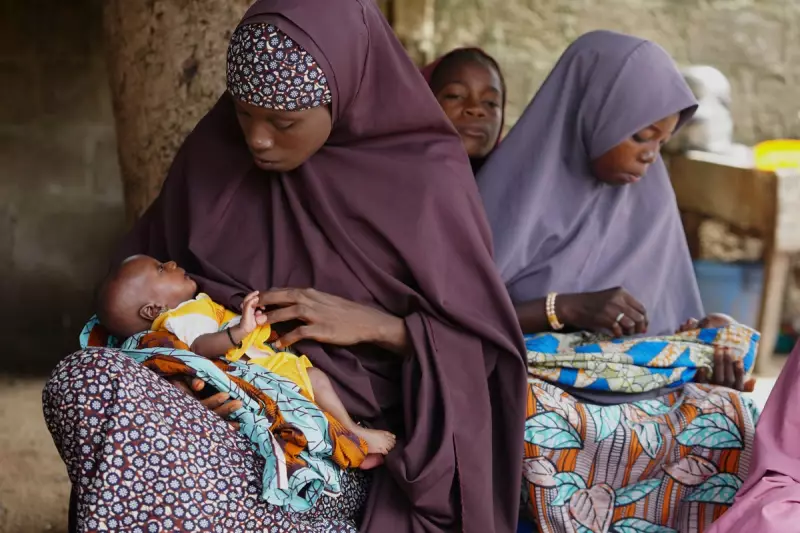
In a brutal reminder of the persistent threat of Islamist extremism in West Africa, suspected Boko Haram fighters have carried out a devastating attack on agricultural workers in Nigeria's northeast, leaving a trail of destruction and dozens dead.
A Harvest Interrupted by Violence
The assault occurred on Tuesday in the Mandaragirau district of Borno State's Biu local government area, a region long plagued by insurgent activity. Local reports indicate the victims were farmers harvesting their crops when they were ambushed by militants.
According to Babakura Kolo, a respected leader of a local anti-jihadist militia, the death toll stands at a minimum of 40 individuals. "So far, we have recovered 40 dead bodies from the farms and surrounding bushes," Kolo stated, emphasising the grim task of retrieval was still underway.
Contested Narratives and a Persistent Threat
This massacre starkly contradicts the Nigerian government's long-standing assertion that Boko Haram has been largely defeated and relegated to a negligible threat. The attack demonstrates the group's continued capacity to orchestrate large-scale, coordinated violence against civilian populations.
The militants, reportedly arriving on motorcycles—a common tactic for swift incursions—specifically targeted the labourers. While a definitive claim of responsibility is pending, all indications point to factions of Boko Haram or its splinter group, the Islamic State West Africa Province (ISWAP).
A Region in Perpetual Crisis
The conflict with Boko Haram, which ignited in 2009, has created one of the world's most severe humanitarian disasters. The violence has claimed over 35,000 lives and displaced more than two million people across the Lake Chad region.
Despite military operations and government proclamations of victory, communities in rural Borno State remain terrifyingly vulnerable. Farmers, in particular, are frequently targeted, caught between militants who accuse them of collaborating with the government and the military's inability to secure vast agricultural lands.
This latest atrocity underscores the fragile and precarious security situation in northeastern Nigeria and serves as a sombre warning that the embers of this devastating insurgency are far from extinguished.





